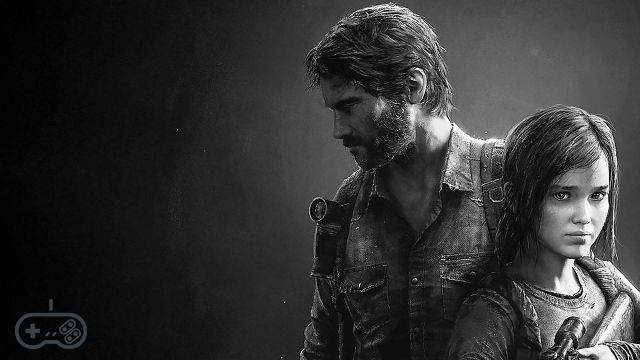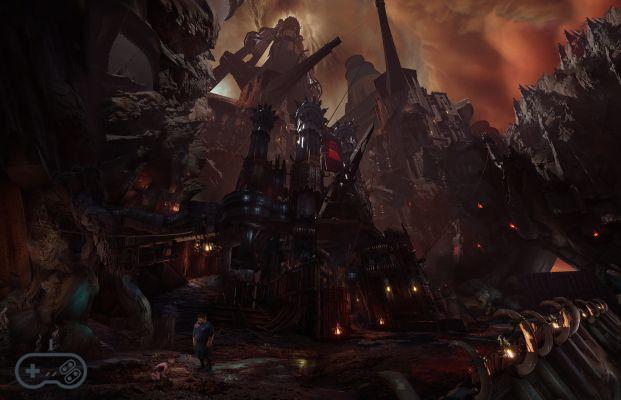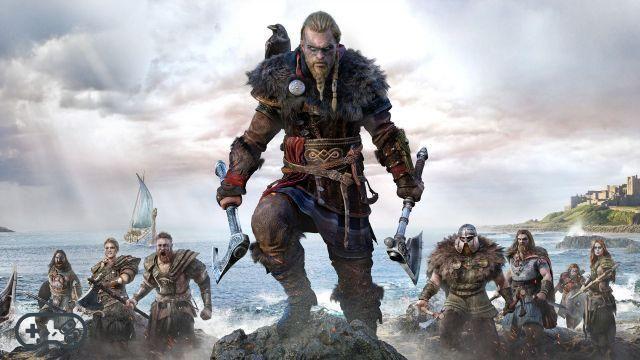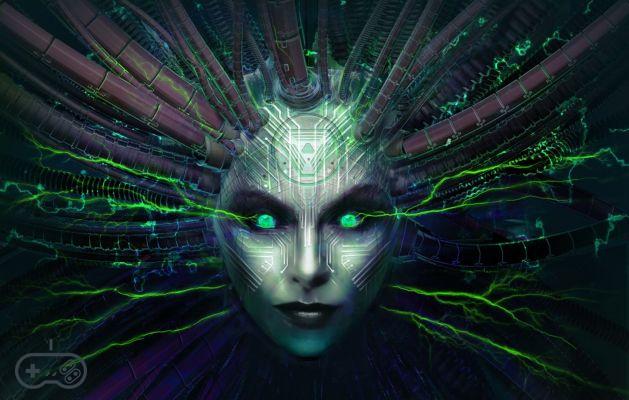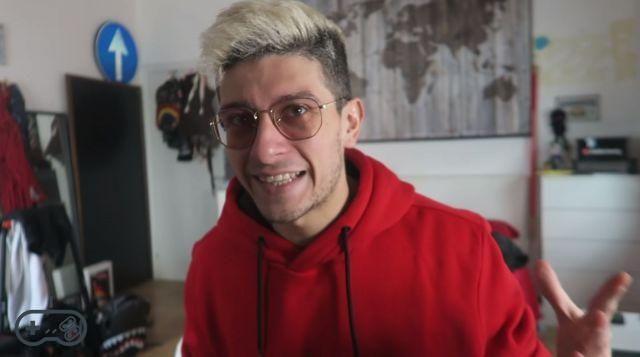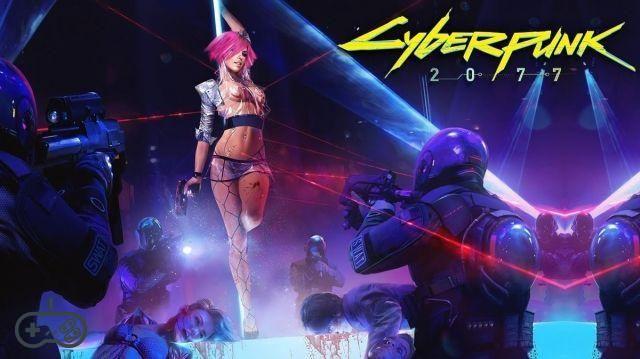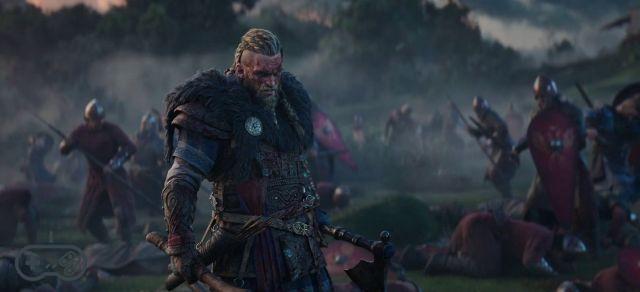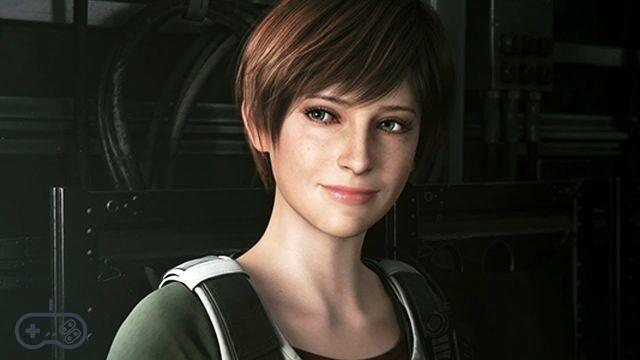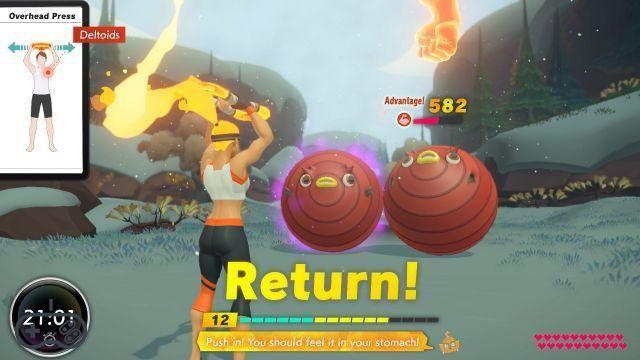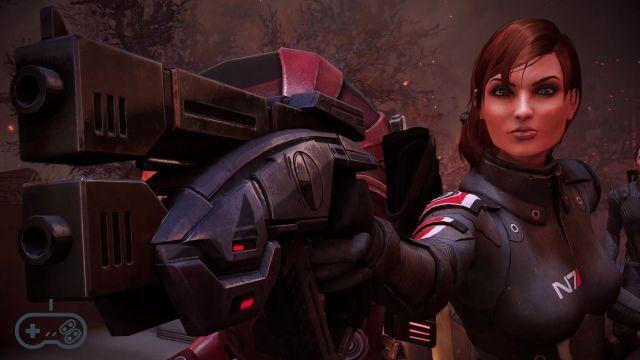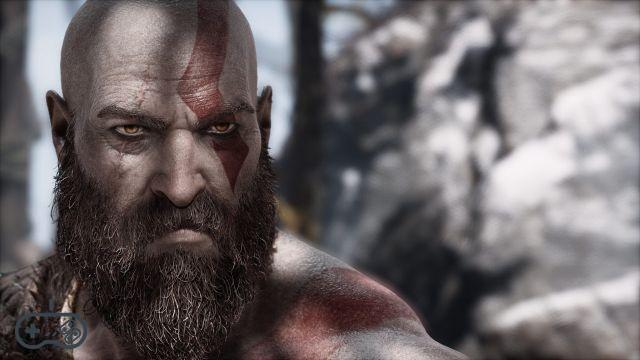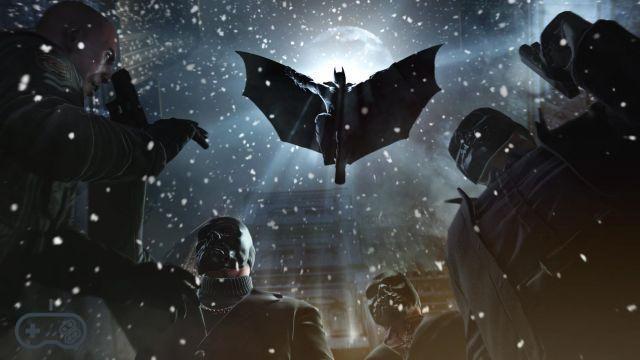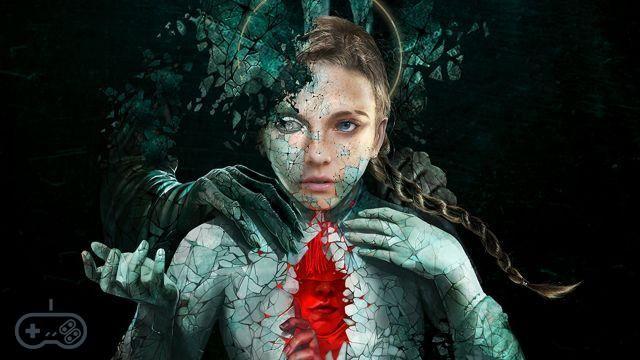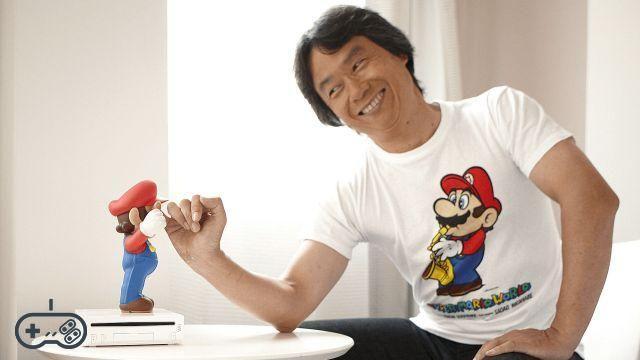
Massacre and gratuitous violence have always been part of video games, since the dawn of the video game industry, complete with a prize following the extermination of monsters and anonymous enemies whatever. We wanted to express ourselves on this issue Shigeru Miyamoto, talking about how some design choices at the time were reductive and not very thorough.
After testing the GoldenEye 007, Miyamoto was so sorry for the kills performed that he proposed that the player make amends for the enemies killed in-game, going to visit all the victims in their hospital bed during the credits. At first glance this reaction might seem overly cloying, but it is instead typical for Nintendo and for the values that the company wants to convey. Miyamoto during the interview given by Simon Parkin for the New Yorker, argues:
I think humans are programmed to feel joy when we throw a ball and hit a target, for example. This is human nature. But, when it comes to video games, I have some resistance to focusing on this single source of pleasure. As humans, we have many ways to experience fun. Ideally, game designers would explore these other ways. I don't think it's necessarily a bad thing that there are studios that really fit that simple mechanism, but it's not ideal that everyone does it just because that kind of game sells well. It would be great if developers found new ways to bring joy to their players.
Other than that, I also refuse to think it's OK to just kill all the monsters. Monsters also have a reason and a reason why they are the way they are. This is something I've thought about a lot. Suppose you have a scene where a warship sinks. When you look at it from the outside it could be a symbol of victory in battle. However, a director or a writer could shift the perspective on the people on the ship, to allow the viewer to see, up close, the human impact of the action. It would be great if game makers took more steps to change the perspective, instead of always looking at a scene from the most obvious angle.
Difficult to be able to create and transmit certain themes since Nintendo points much more to much lighter themes and to want to bring families together. For this reason, the Japanese company does not deal with much darker and deeper topics as it happens in a The Last of Us 2 or Detroit: Become Human. On this point of view Miyamoto commented by saying:
Video games are an active medium. In this sense, they do not require complex emotions on the part of the designer; it's the players who take what we give them and respond in their own way. Complex emotions are difficult to deal with in interactive media. I have been involved with films and passive media are much better suited to address these issues. With Nintendo, the appeal of our characters is that they bring families together. Our games are designed to provide a feeling of warmth; everyone can enjoy their time playing or watching.
For example, when I was recently playing with my grandson, the whole family was gathered around the television. He and I were focused on what was happening on the screen, but my wife and the others were focused on the baby, enjoying the sight of him enjoying the game. I was so happy that we were able to produce something that facilitated this kind of common experience. This is the core of Nintendo's work: bringing smiles to players' faces. So I have no regrets. If anything, I wanted to provide more cheer, more laughter.
Miyamoto confirms once again therefore a piece of bread, with a tender heart and soul, with the desire to be able to make the world a happier place and with less selfishness:
I wish I could make people more thoughtful and kind to each other. It's something I think about a lot as I move through life. In Japan, for example, we have priority over seats in railway carriages, for the elderly or for people with disabilities. If the train is relatively empty, you will sometimes see young people sitting in these seats. If we had to say something, they would probably say to me: "But the train is empty, what's the problem?" But if I were a person with a disability and saw people sitting there, I might not want to ask them to move. I don't want to be annoying.
I wish we were all a little more compassionate in these little ways. If there was a way to design the world that discourages selfishness, that would be a change I would make.




